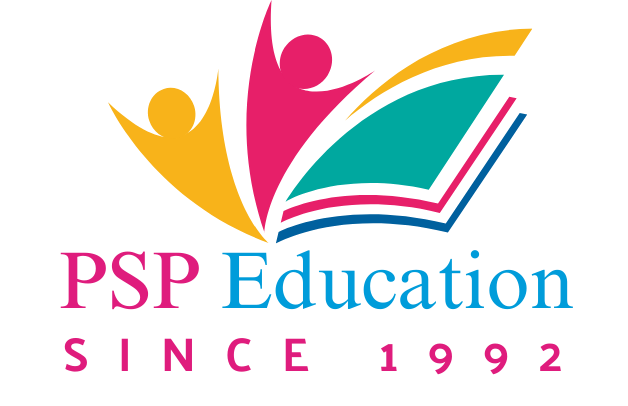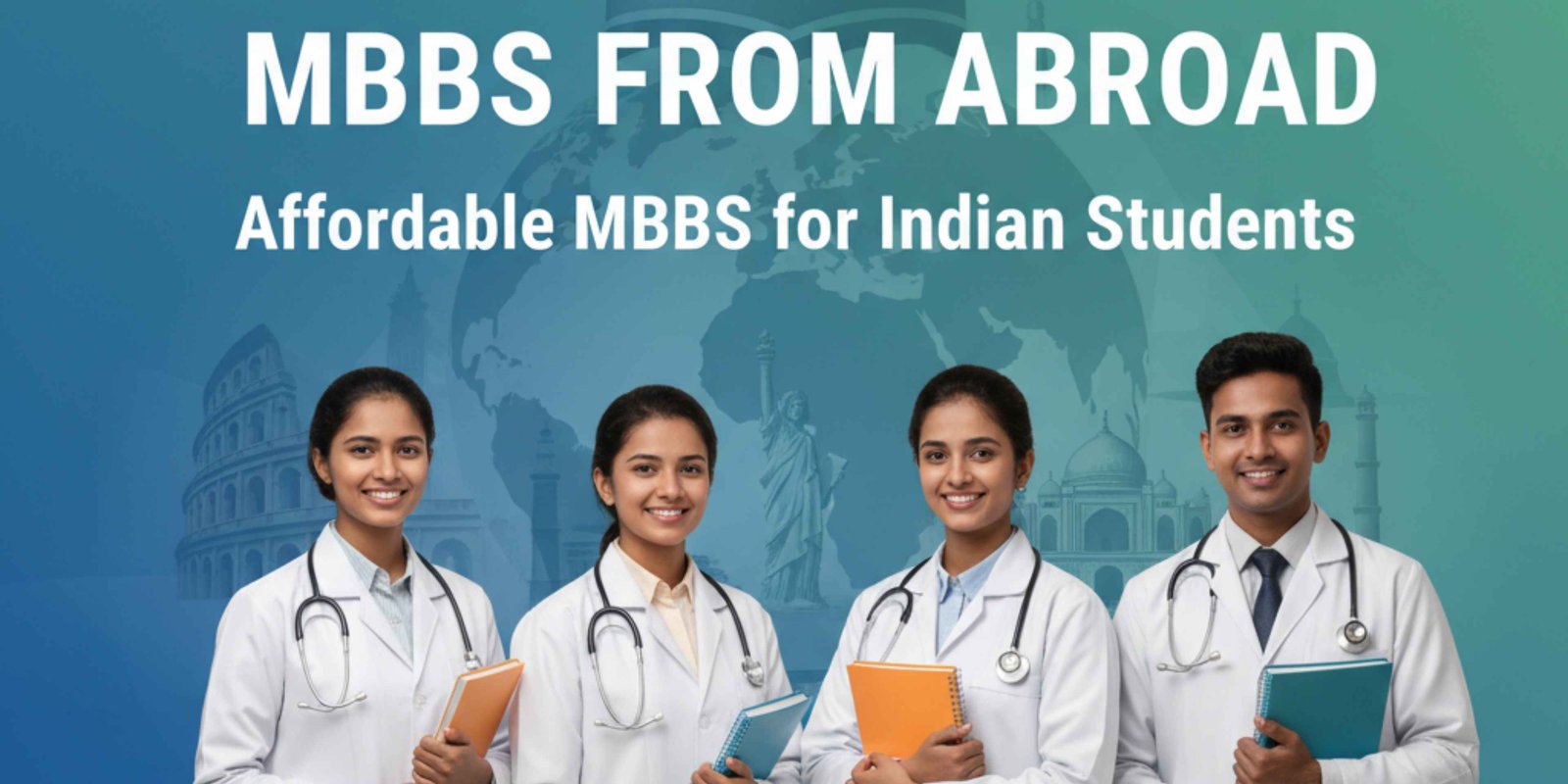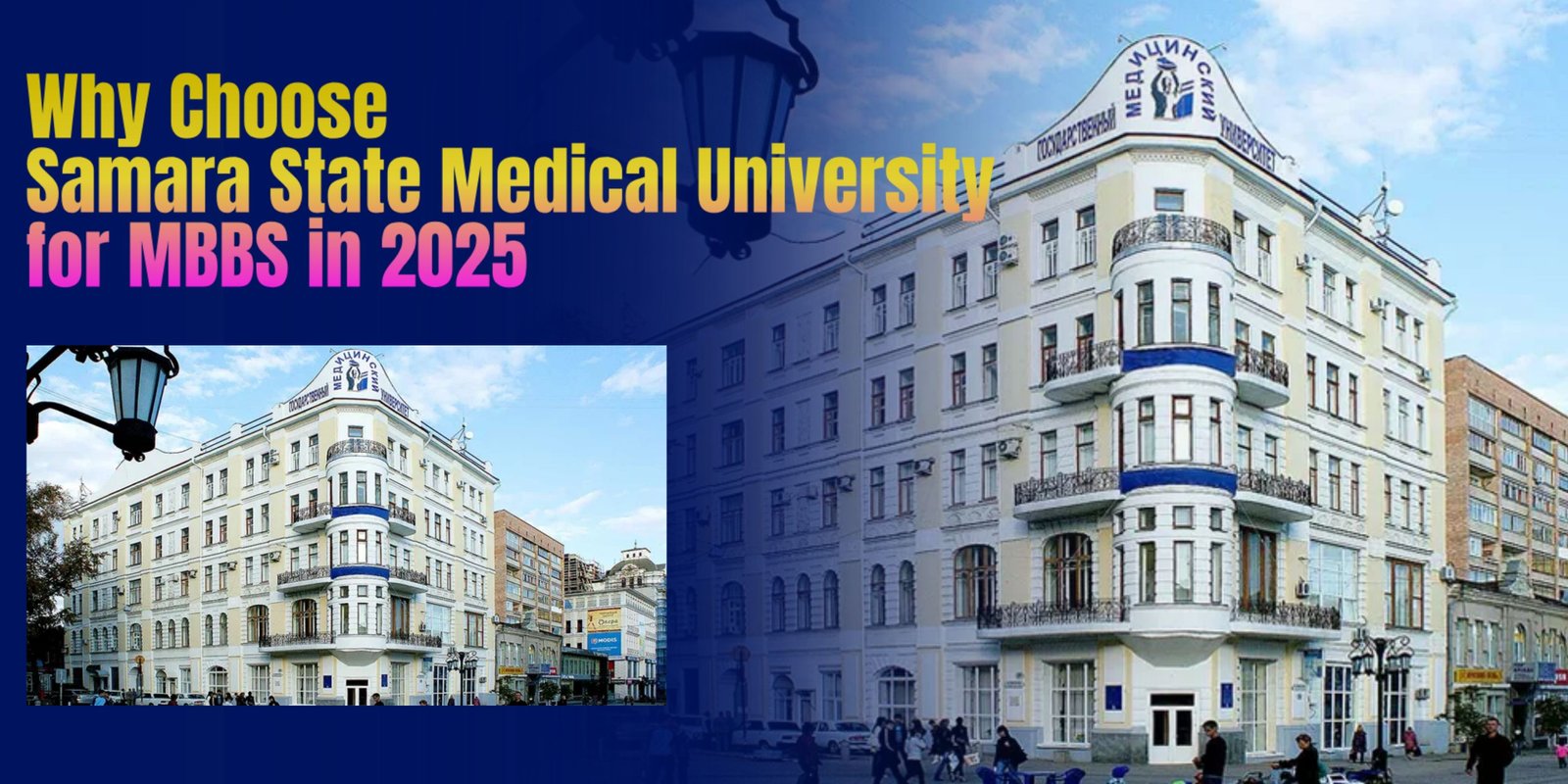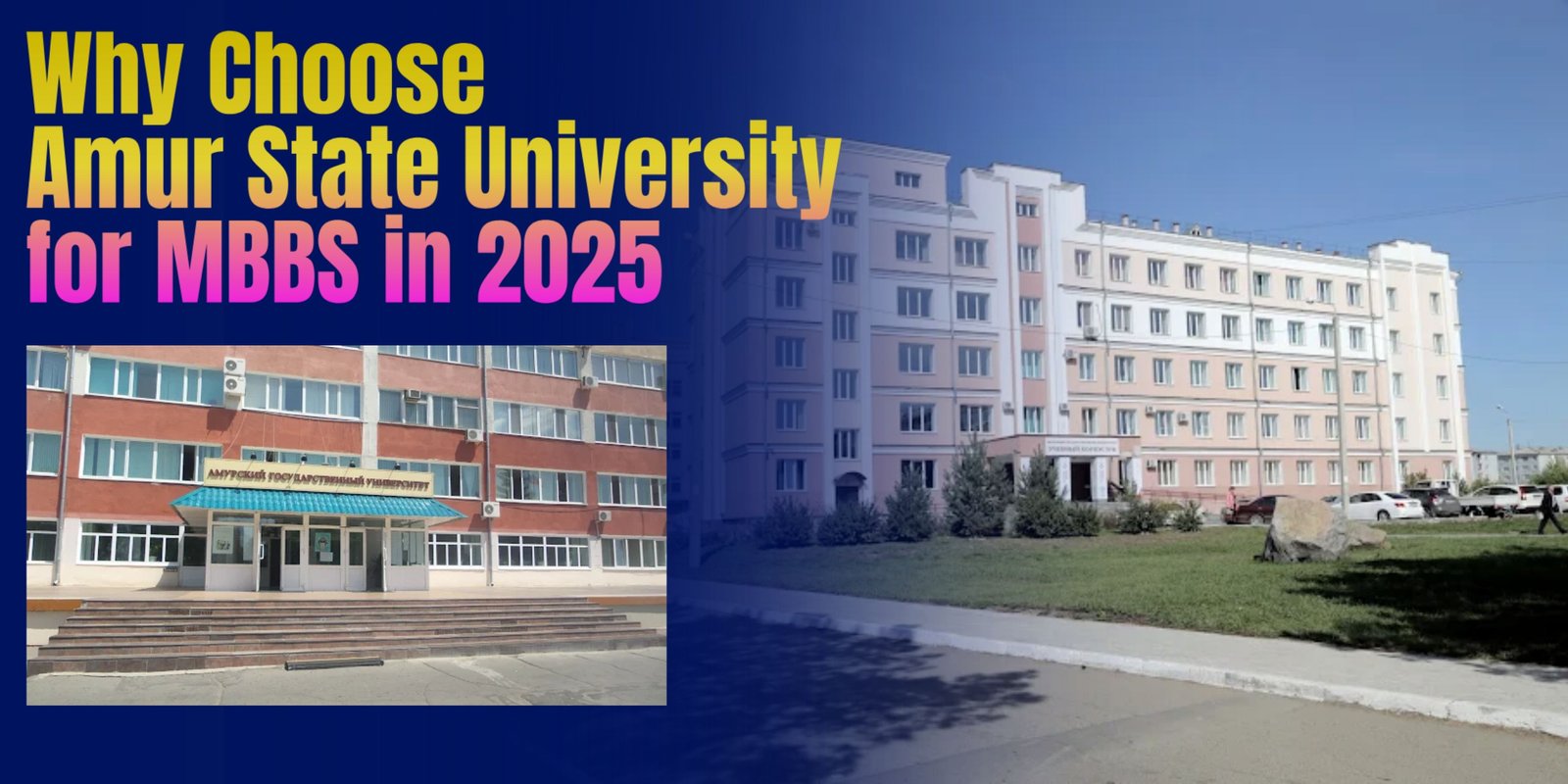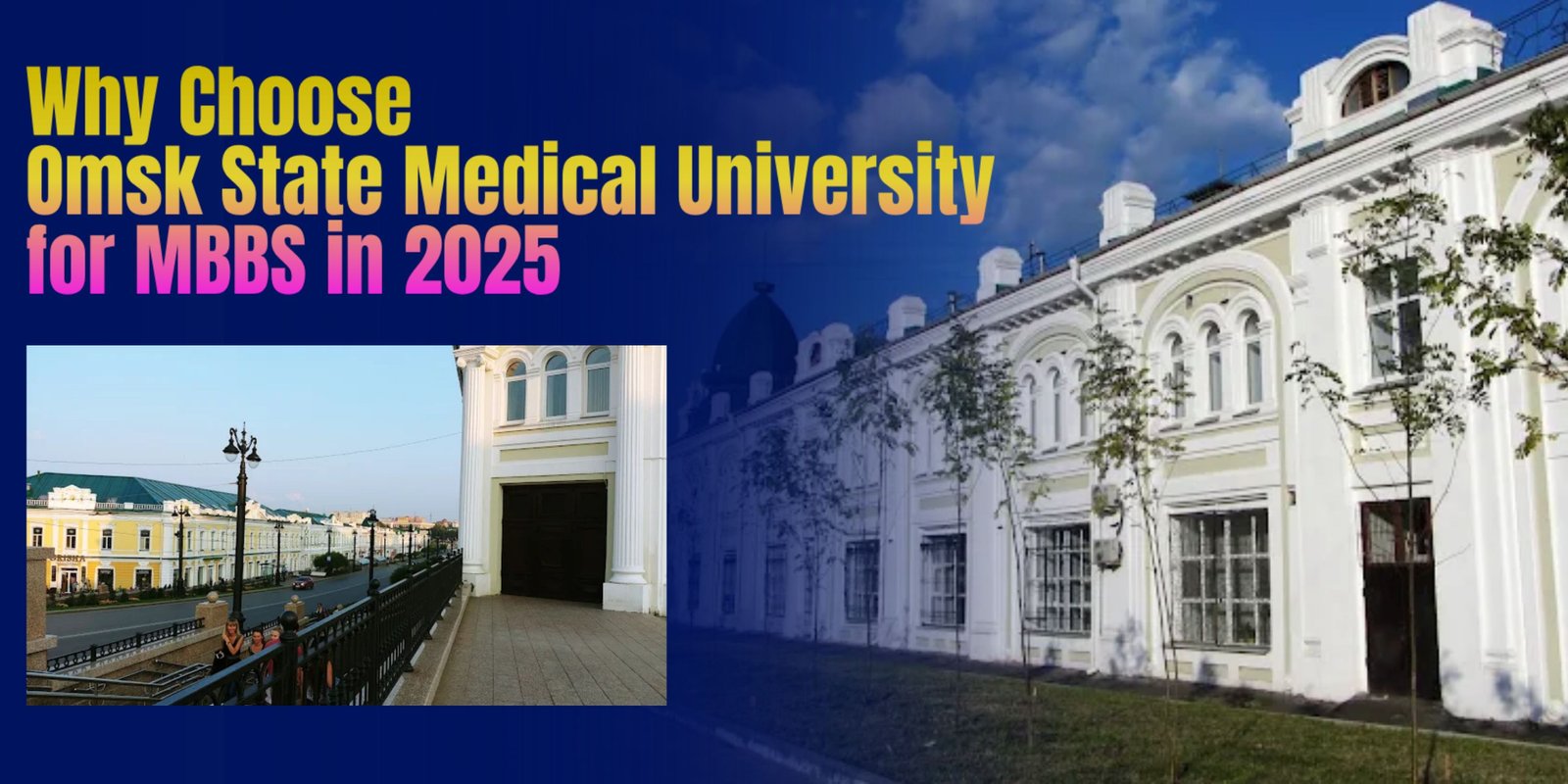MBBS in Russia 2025 Guide – Cost, Admission, Universities
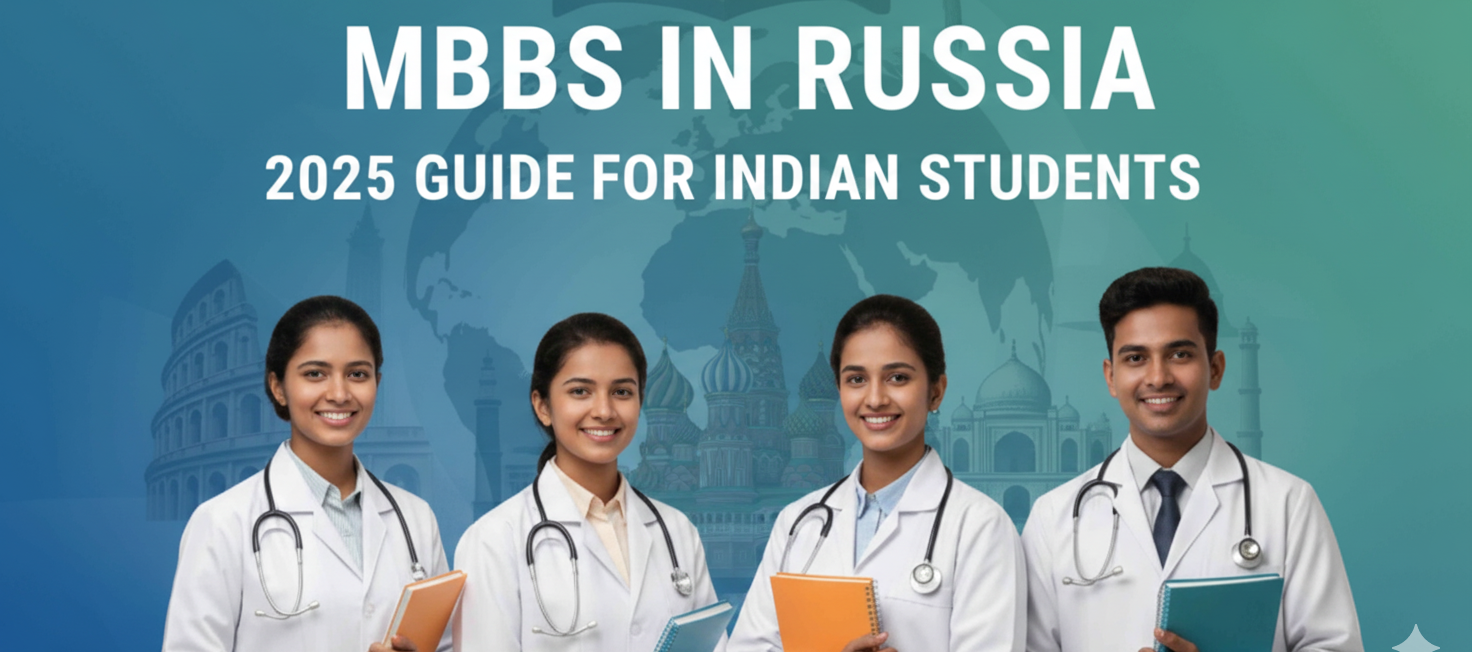
MBBS in Russia: A Comprehensive Guide for Indian Students 2025
Introduction
Dreaming of donning that white coat and healing lives? For many Indian medical aspirants, the path to becoming a doctor is challenging: sky-high competition, limited seats in Indian colleges, and exorbitant tuition fees. That’s where studying MBBS in Russia becomes a compelling option. In this guide, we’ll walk you through everything you need to know—from eligibility and costs to top universities, challenges, and opportunities ahead.
Whether you're just finishing Class 12 or planning consulting help, this article is your go-to blueprint for your Russia MBBS journey.
PSP Education – India’s Best MBBS Abroad Consultant. Contact us today to start your medical journey with trusted guidance!
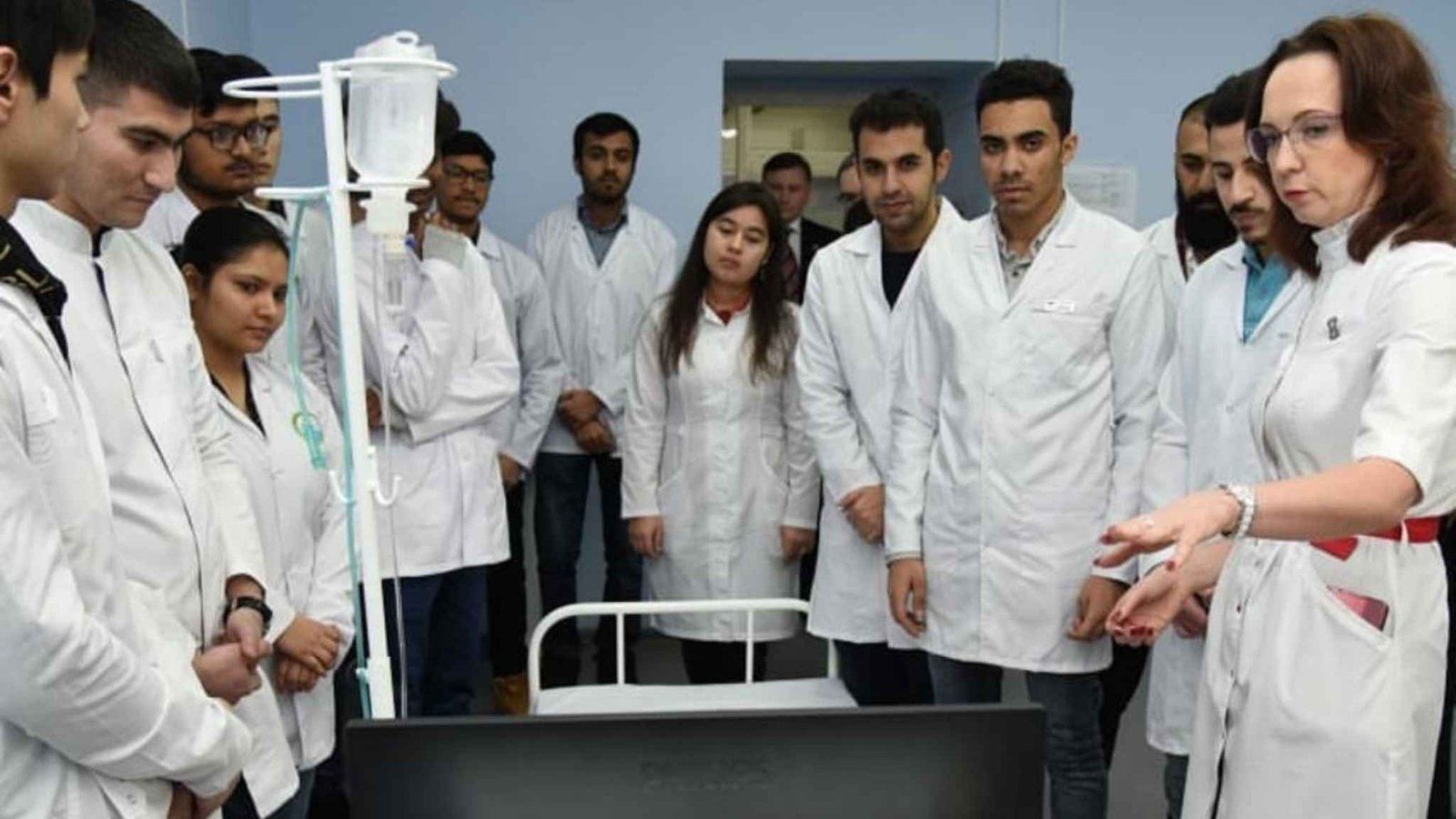
Why Indian Students Are Choosing MBBS in Russia
Rising Competition & High Fees in India
Every year, over 20 lakh (2 million) students compete for a few thousand MBBS seats via NEET in India—most will either miss out or end up in costly private colleges.
Meanwhile, private colleges in India can charge exorbitant fees (in crores for full course), making medical education out of reach for many middle-class families.
Increased Seat Availability in Russia
In 2025, Russia expanded medical seats for Indian students by 2,000 to meet rising demand. With this expansion and the presence of many English-medium medical universities, more slots are opening up for international students.
Global Recognition & NMC Compatibility
Russian medical degrees from recognized universities are accepted by global bodies like WHO, ECFMG (USA), GMC (UK) — and crucially, they can be licensed in India via FMGE or the newer NExT exam. This gives flexibility to practice anywhere in the world.
Comparing MBBS in Russia vs Other Countries
Russia vs Georgia / Kazakhstan / Uzbekistan
Many Indian students compare Russia with Georgia, Kazakhstan, or Uzbekistan for MBBS. While all these offer affordable medical education, Russia stands out for a larger number of recognized universities, stronger infrastructure, and higher visibility in global medical circles.
For instance, Georgia and Russia together account for nearly 42% of Indian MBBS abroad choices.
Russia vs India (Public / Private Colleges)
| Parameter | MBBS in Russia | MBBS in India (Private / Public) |
|---|---|---|
| Tuition Fees | $3,000 – $7,000 per year (approx) | Private colleges: Very high (many crores) Public colleges: Lower cost but extremely competitive seats |
| Entrance Exam Requirement | No university-level exam in many cases (just NEET requirement for Indians) | Mandatory NEET, plus heavy competition |
| Additional / Hidden Costs | Minimal capitation, transparent structure | Often high donation fees, extra charges beyond official tuition |
| Recognition & Licensing | Recognized globally; need FMGE / NExT for India practice | Direct pathway for Indian graduates to practice (subject to licensing) |
Eligibility Criteria for MBBS in Russia (2025 Edition)
Academic Qualifications
To be eligible:
- You must have passed 10+2 / HSC / equivalent with Physics, Chemistry, Biology.
- Minimum required aggregate in PCB is often around 50% (may vary by university).
- Some universities may ask for slight variations (e.g., 55%).
NEET & National Requirements
Indian students must clear NEET UG (even for MBBS abroad) to qualify for recognition and future licensing in India.
Having NEET qualification helps with NMC/FMGE eligibility later.
Language Requirements & English-Medium Programs
Most top Russian medical universities offer MBBS programs in English, so you typically don’t need to prove proficiency in English (IELTS / TOEFL) for admission.
However, Russian is often taught (or students are required to learn) to communicate with patients during clinical rotations.
PSP Education – India’s Best MBBS Abroad Consultant. Contact us today to start your medical journey with trusted guidance!
Admission Process: Step-by-Step
University Shortlisting & Research
Start by identifying universities that:
- Are recognized by WHO, NMC
- Offer English medium MBBS
- Have good infrastructure, clinical exposure, and past track record
Document Preparation & Transliteration
Typical documents required:
- 10+2 marksheet & passing certificate
- NEET scorecard
- Passport (valid for at least 18 months)
- Birth certificate
- Passport size photographs
- Medical fitness certificate
- School leaving certificate / migration certificate
- Equivalence / translation / notarization as required
Ensure translations into Russian (or English) are done properly and notarized if needed.
Application Submission & Offer Letter
Submit applications via university websites or through authorized agents (but always verify credentials). If accepted, you’ll receive a Letter of Acceptance / Invitation. Once confirmed, you pay the first year’s tuition / registration to get the visa invitation.
Visa Process & Pre-departure
Apply for Russian student visa (type “D”) at Russian Embassy / Consulate in India. Provide the invitation / university confirmation, medical tests, background documents.
After arrival, students must register their visa with the local migration office (within ~7 days) to avoid penalties.
Arrival, Registration & Orientation
Once in Russia:
- Complete registration at university
- Attend orientation
- Join local induction, connect with fellow students and departments
Course Structure, Duration & Curriculum
Basic Science to Clinical Transition
The MBBS program in Russia generally spans 6 years (5 years academics + 1 year internship).
In early years, focus is on basic medical sciences (Anatomy, Physiology, Biochemistry). As years progress, you move into pathology, pharmacology, internal medicine, surgery, pediatrics, etc.
Internship / Rotating Medical Internship
The final year (or integrated internship period) is the Compulsory Rotating Medical Internship (CRMI), where students rotate across specialties in a teaching hospital.
This prepares you for clinical skills, patient interaction, and hospital workflow.
Russian Language Training / Clinical Exposure
While courses may be in English, students are often required to take Russian language training, because patient interaction during clinical postings will demand communication in Russian.
Clinical exposure is available in associated hospitals from middle years onward—though availability and quality depend on the university and location.
PSP Education – India’s Best MBBS Abroad Consultant. Contact us today to start your medical journey with trusted guidance!
Cost & Fee Structure
Tuition Fees (Public & Private)
Annual tuition often ranges between USD 3,000 to USD 7,000 depending on university and city.
Over six years, total tuition may amount to USD 18,000 to USD 40,000 (approx).
Scholarships & Financial Aid
Many Russian universities and the Russian government offer merit-based scholarships or fellowships for international students. These can cover partial or full tuition.
Also, universities may offer support or slashes in fees for students with excellent academic records.
Living Expenses, Accommodation, Food, Travel
Monthly cost for living ranges around USD 150 to USD 300 (covering food, transport, utilities, minor expenses) depending on city.
Hostel accommodations are often available and included or charged modestly.
If you’re in big cities (Moscow, St. Petersburg), costs may be higher.
Hidden Costs & Miscellaneous
- Visa & migration registration fees
- Health / medical insurance
- Travel (India ↔ Russia)
- Books, lab materials, personal items
- Russian classes / extra coaching
Plan for ~10-15% extra buffer for these costs.
PSP Education – India’s Best MBBS Abroad Consultant. Contact us today to start your medical journey with trusted guidance!

Recognized & NMC / WHO Approved Universities in Russia
Criteria for Choosing a University
- Recognition by WHO, NMC / National Medical Commission (India)
- Good track record of FMGE / Indian licensing success
- English medium classes offered
- Strong hospital attachments & clinical training
- Infrastructure, faculty quality, student support
Some Prominent Universities
- Voronezh State Medical University (offers MBBS in English)
- Kazan Federal University
- Bashkir State Medical University
- Crimean Federal University
- Other state medical institutions with international faculties
Always cross-check the latest NMC-approved list before applying.
Benefits & Challenges (Pros & Cons)
Advantages
- Affordable medical education compared to private colleges in India
- No donation / capitation fees
- Global recognition and ability to practice internationally
- Flexible admission process (less reliance on entrance tests)
- Exposure to diverse patient demographics, research, and international environment
Challenges
- Harsh climate & adaptation in many Russian regions
- Language barrier during clinical posting, need to learn Russian
- FMGE / NExT exam requirement to practice in India — students must prepare thoroughly
- Distance from family / emotional stress
- Some scam agencies / frauds in the agency space
Tips to Overcome Challenges
- Join student groups / Indian communities in Russia
- Start learning Russian early
- Keep exam prep (FMGE / NExT) ongoing
- Work with verified and transparent agents
- Visit campus (if possible) or talk to alumni
Career & Post-Graduation Opportunities
Practicing in India (FMGE / NExT)
After finishing MBBS, returning students must clear FMGE / NExT (National Exit Test) to get licensure in India. Failure means you can’t practice in India.
Performance in these exams matters greatly for recognition and future prospects.
Further Studies & Specialization (Russia / Abroad)
You can pursue postgraduate specialization (MD / MS / residencies) in Russia or other countries (depending on local eligibility).
Some universities give preferential access to alumni for PG courses.
Global Opportunities (USMLE, PLAB, etc.)
Graduates from recognized Russian universities can appear for USMLE (USA), PLAB (UK), AMC (Australia) or similar exams—open doors for international careers.
Student Life & Cultural Adaptation
Campus Life & Indian Community
Many Russian medical universities host a substantial Indian student community. You’ll find Indian student associations, social events, Indian festivities celebrated on campus.
Handling Homesickness & Cultural Shock
- Stay in touch with family, participate in student groups
- Engage in extracurriculars, explore your city
- Use counseling or peer support if needed
Vegetarian / Indian Food & Daily Needs
In many universities, Indian mess or vegetarian options are available. In bigger cities, Indian grocery stores and food deliveries exist.
Learning basic Russian helps for everyday communication.
Frequently Made Mistakes & How to Avoid Them
Scam Agencies & Fraud Risks
Many students fall prey to fake or unscrupulous agents who demand excessive fees and fail to deliver. Always verify agent credentials and payment channels.
Choosing Unrecognized Institutions
Some colleges claim eligibility but aren’t recognized by NMC or WHO. Always check official approval lists.
Late Visa Applications / Missing Documents
Delays in visa processing can spoil the timeline. Submit documents well in advance and maintain backups.
Conclusion & Call to Action
Pursuing MBBS in Russia can be a life-changing decision—offering affordability, solid education, and global opportunities. Yet, success depends on careful planning, choosing the right university, staying exam-ready, and adapting to life abroad.
If you're serious about making your doctor dream come true, consider partnering with a reliable consultancy that guides you transparently. Reach out today for personalized counseling and step-by-step support to ensure your Russia MBBS journey is smooth & successful.
FAQs
- Is an MBBS degree from Russia valid in India?
Yes—as long as the university is NMC-approved and you clear FMGE / NExT, you can practice in India. - Do I need to take any English proficiency test for MBBS in Russia?
No, most top Russian universities do not require IELTS/TOEFL for admission in English-medium MBBS programs. - What is the average fee for MBBS in Russia?
Approximately USD 3,000 to USD 7,000 per year, depending on the university and city. - Can I pursue postgraduate studies after MBBS from Russia?
Yes—many students go on to do specialization in Russia or abroad, subject to local eligibility rules. - How can I avoid scams in MBBS abroad admissions?
Work with verified agencies, verify university credentials, demand official invoices, and never pay exorbitant fees upfront.
Please don’t forget to leave a review.
PSP Education – India’s Best MBBS Abroad Consultant. Contact us today to start your medical journey with trusted guidance!

